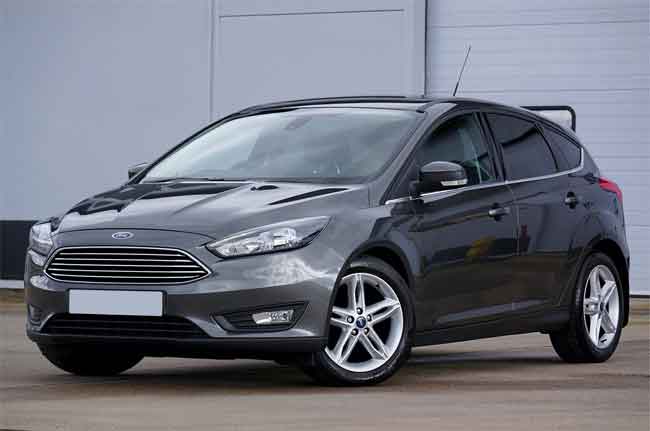If you are managing a fleet of company cars or have decided to use a car you own only for business purposes, you need to purchase adequate insurance for the vehicle or vehicles. Many corporations carry commercial vehicle insurance policies that cover any employees driving company vehicles. If you are driving your own car on business or designating a vehicle you own as a company car, you will need to purchase car insurance separately.
Use these tips when insuring a car for business use:
1. Understand liability limits. Learn about your state’s minimum liability limits for all types of vehicles. If you are planning to transport passengers, customers or freight in the vehicle, you may need to purchase extended insurance coverage. Make sure the insurance you purchase meets and exceeds state requirements, or you could end up paying a high price in the event of an accident.
2. Consider the primary use. Your insurance agent can help you determine what classification the vehicle will fall under. Classification is important because rates will vary significantly depending on the primary purpose of the vehicle, and how much the car will be driven. Consider how often the car will be used on a monthly and yearly basis, and who will be driving it. You will need to purchase an insurance policy that covers the driver and vehicle at all times.
3. Learn about non-owned auto policies. If you are an employer and want to insure a car that you do not own — but will be using for business purposes — ask your insurance agent about non-owned auto insurance packages. Non-owned vehicle liability auto insurance is designed to protect all employees and drivers who are using their own vehicle for business purposes. This protects you, the employer, from any damages in the event the employee gets into an accident on company time.
4. Be prepared to insure every vehicle. If you are managing a fleet of company vehicles, make sure you are purchasing an insurance package that provides coverage for all of your vehicles. Even if some vehicles won’t be used as often as others, you will need to obtain full liability coverage and even collision or comprehensive coverage. Consider how often the vehicles will be used (see #2) so that you can select the right insurance package for all vehicles that will be used for business.
5. Shop around for the best rates. Don’t be afraid to shop around for the best rate when insuring cars for business. Compare quotes from at least three to four different car insurance providers and take a close look at different package and additional coverage options available. Report the use of each vehicle and estimated mileage per year as accurately as possible to get the best rates.
Sources:
http://www.insure.com/articles/businessinsurance/personal-car.html
http://financialmap.info/insuring-your-home-based-business-car.htm
http://www.carinsurancerates.com/news/299-business-car-insurance.html
http://www.progressivecommercial.com/coverages/non-owned-vehicle-liability.aspx
